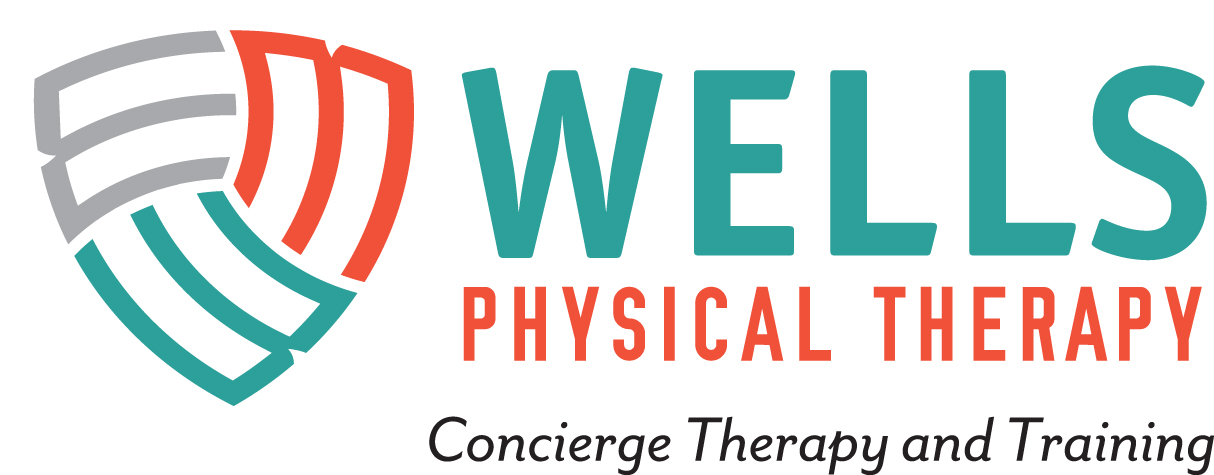Mechanics and Volume
Are you ready to get back on the golf course following an injury or surgery? Or, maybe your aren’t injured but trying to get ready for your golf season in Naples? Your next best steps should be to talk with your doctor of physical therapy (DPT) or TPI specialist.
“For small tweaks to your game, a golf pro is great for any technique modifications, but for mechanics, performance, and injury recovery, then your physical therapist is your best provider,” says Dr. Gene Giamarino, DPT, PT, TPI, ATC, SCS. He describes that the most common injuries in golf include back pain, golfer’s elbow, rotator cuff tears, and hip pain. Various factors can increase the chances of injury or problems but often it boils down to: faulty mechanics, playing or lifting too much, or playing or lifting too often, says Gene.
Ideally your golf PT plan should ease you back into golf with a structured program, starting with chipping and putting, progressing into short irons, then longer irons and eventually woods and drivers. It is important to listen to your body and follow your PT’s plan of care to optimize your recovery and reduce your pain.
For an even more in-depth analysis, a Titleist Performance Institute (TPI) movement screen or golf analysis can be done to look closely for any compensatory mechanisms and appropriate mechanics. Fortunately for our PTs in Naples, Dr. Gene Giamarino and Dr. Cory Johnson both hold this credential, which will help you not only with recovery but with golf performance!
Golf-specific exercises
Once your TPI PT or DPT has done your assessment, they should then prescribe specific exercises to help with your recovery and golf game. Improving your overall strength and mobility can help prime the body for golf and for everyday life. Every golfer is very different regarding their strengths and weaknesses, but in general, many can benefit from some of these exercises:
• Dynamic stretching
• Shoulder mobility and power exercises
• Hip mobility into rotation: especially focusing on internal rotation of the left hip.
• Single leg rotational stability
• General core strengthening
Injury prevention
As mentioned, there are common types of injuries golfers can face, such as, back pain, golf elbow, rotator cuff injury, tendinitis in the wrist and knee pain. Even if you aren’t laid up with one of these conditions, there is a benefit to doing PT for injury prevention and performance. According to research, a rehabilitative, warm-up and/or strength and conditioning program can improve maximum club head speed, driving distance, driving accuracy, ball trajectory, handicap, and consistent ball strike. A PT certified as a Titleist Performance Institute (TPI) specialists can perform a movement screen to identify limitations or deficits in your mobility and/or stability. Once identified, they can customise a program for you to address any limitations in hopes of avoiding injuries down the road.
For more information about the golf medicine services offered at Wells Physical Therapy, call us at 904-568-1156 or email us at wellsphysicaltherapy@gmail.com to schedule a TPI performance screening of physical therapy evaluation!
Photo by Kampus Production: https://www.pexels.com/photo/a-woman-standing-on-green-grass-field-while-playing-golf-6542440/
#physicaltherapy #golf #performance #naples #TPI #PT #performance

